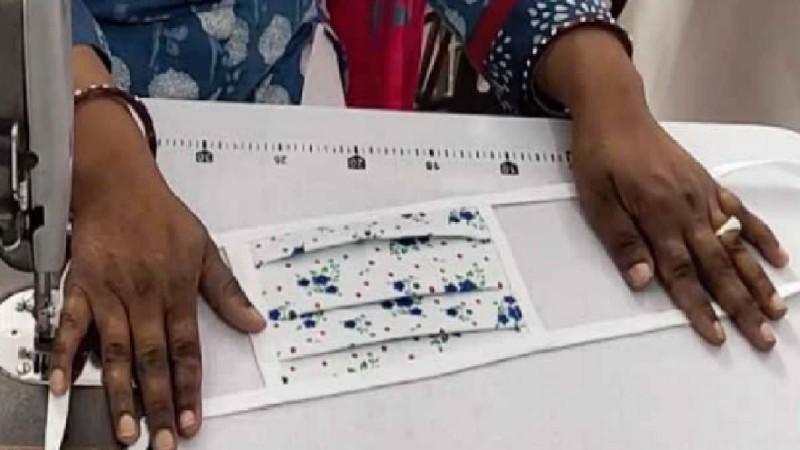The textile ministry had conducted a meeting on March 18 to assess the availability of protective wears for health professionals in the country and the minutes of the meeting point towards a shortage of vital equipment needed to protect healthcare staff as the number of COVID-19 cases continues to rise in the country.

It was stated in the meeting that body coveralls and N-95 masks are falling short and the supply of protective wear, along with the material needed to make it is also falling short as compared to its demand.
The minutes of the meeting stated that the order was placed for 1 million 3-ply masks with a vendor. So far, the supplier has provided only 200,000 masks and has also sought a 266 per cent revision of prices.
Supply of N-95 masks to be controlled
A senior textile ministry official stated that for better synchronization, the supply of coveralls, N-95 masks should be controlled through the Ministry of Health and Family Welfare.
A tender for 725,000 body cover, 1.5 million N-95 masks, and 1 million 3-ply masks was floated by the central government through HLL Lifecare, the government's nodal agency for procuring Personal Protective Equipment (PPE).
But Rajiv Nath, forum coordinator, Association of Indian Medical Device Industry (Aimed), said the industry became aware of this tender only on March 21.
The All India Drug Action Network (AIDAN), a non-government organisation, has written a letter to the Prime Minister.
The letter states, "It is our demand that HLL be immediately removed as the nodal agency for centralised procurement of PPE. Healthcare institutions should be permitted to procure PPE independently without delay."
Some vendors have come forward informing the Govt that they have ready stocks that can be supplied through the next month. Local manufacturer Venus will supply 50,000 N-95 masks per day and comply with the order placed by HLL, the minutes further add.
In February, the World Health Organization (WHO), had asked Governments around the world to step up the manufacturing of protective wear and masks by 40 per cent. But it seems that the Governments did not pay heed to WHO's call.
Sanjiv Relhan, Chairman, Preventive Wear Manufacturer Association of India, said that foreign countries were stockpiling stocks that they were incurring from India and till March 19, it did not occur to the Indian Govt to ban the export of PPE products and raw materials.
He added that the association repeatedly raised the need for stockpiling protective gear which was ignored. Anti-profiteering measures were also requested by the association but they alleged that the Indian Govt ignored their requests out rightly.
The Indian government issued a notification prohibiting the export of domestically manufactured PPE, three weeks after the World Health Organisation issued guidelines informing countries to expect a disruption in the supply of PPE.
Relhan said, "The price of components used to make the 3 ply face masks have gone from 250/kg to 3,000/kg. Elastics are not available at any price. We are now facing a crisis which is of our own making."















